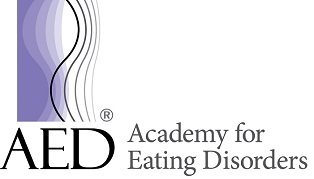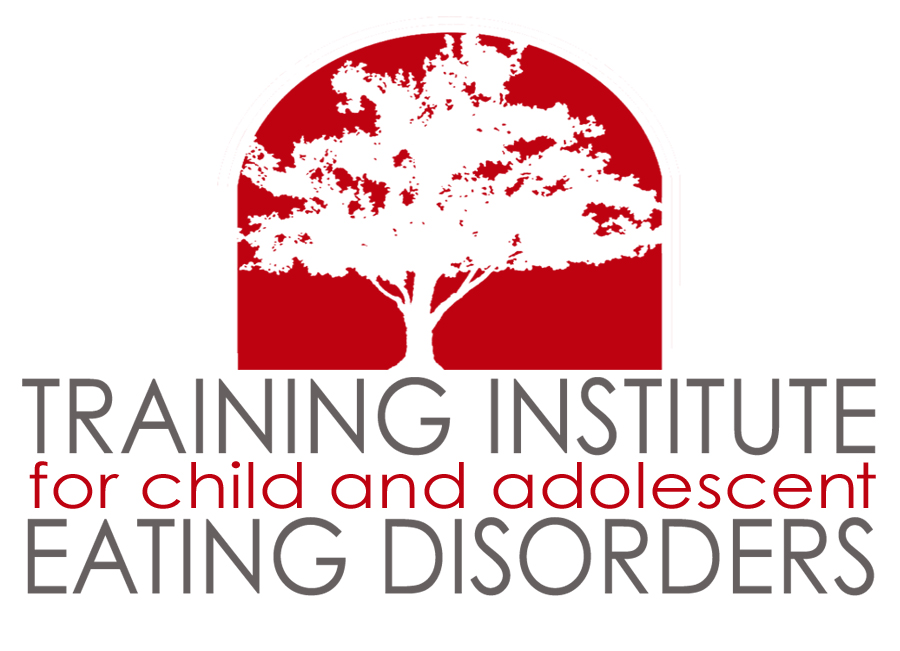At Resilience DBT & Eating Recovery, we focus on treating mental health disorders that contribute to eating disorders through the use of Dialectic Behavioral Therapy (DBT). One of the associated mental disorders that we focus on is Post Traumatic Stress Disorder (PTSD). In addition to treating children, teens, and adults, we also provide family therapy services. This page is dedicated to helping you understand the basics of PTSD and how we can help you if you suffer from this disorder.
What is Post Traumatic Stress Disorder(PTSD)?
It is natural for anyone who experiences a traumatic event to go through a grieving process, however, those who are unable to move forward have PTSD. Post traumatic stress disorder is a mental health disorder in which you or a loved one have experienced a traumatic event that develops unhealthy triggers and makes it difficult to cope or live day to day. Experiencing symptoms for more than a month is typically a tell tale sign and you should contact a medical professional to help take back your life.
Symptoms of Post Traumatic Stress Disorder(PTSD)
Symptoms can develop within one month to several years after the event depending on the individual. Also, they can vary from person to person and over time. Intrusive thoughts and memories, avoidance, changes in emotional and physical reactions, and changes in mood and thinking are all normal symptoms an individual can experience.
INTRUSIVE THOUGHTS AND MEMORIES
- Unwanted, recurrent thoughts and memories that are distressing
- Flashbacks
- Night terrors or nightmares
- Emotional or physical distress when confronted with something that reminds you of the event
AVOIDANCE
- Avoiding places, people, or activities
- Avoiding talking about the event
- Avoiding thinking about the event
EMOTIONAL AND PHYSICAL REACTIONS
- Being on guard
- Self destructive behavior
- Difficulty sleeping
- Irritability
- Overwhelming shame/guilt
- Difficulty concentrations
MOOD AND THINKING
- Hopelessness
- Difficulty remembering aspects of the event
- Emotional dysregulation
- Numbness
- Feelings of detachment
- Lack of interest
- Negative thoughts about yourself and the world around you
Causes and Risk Factors
While PTSD is often linked to combat veterans, anyone experiencing a traumatic event can develop the disorder. All demographics are at risk, but individual coping abilities and treatment access can affect susceptibility. For instance, non-Latino whites show lower PTSD rates due to more accessible resources.
TRAUMATIC EVENTS
Traumatic events vary from person to person and no experience is inherently the same. Below we will outline different traumatic events that put individuals at risk for PTSD:
- Combat exposure: Military war zones, gang violence
- Natural disasters: Tornados, hurricanes, earthquakes, pandemics, etc.
- Sexual violence
- Physical violence
- Unexpected loss of a loved one
- Accidents: Fires, drowning, automobile, etc.
- Life-threatening medical diagnosis: Cancer, organ failure, autoimmune diseases, etc.
- Torture: Psychological, emotional, and physical
- Threatening of physical harm: By use of weapons, persons, or objects
Health Effects of Post traumatic stress disorder(PTSD)
PTSD can negatively impact your home, relationships, job, and physical, emotional, and mental health. Experiencing chronic stress is especially detrimental in regards to one’s overall wellbeing. The negative effects of PTSD can occur simultaneously and intensify one another. Below we will outline the effects of PTSD when looking at one’s physical and mental health and how their lifestyle is impacted:
PHYSICAL HEALTH
- Increased blood pressure
- Aches and pains
- Fatigue
- Nausea
MENTAL HEALTH
- Increased blood pressure
- Aches and pains
- Fatigue
- Nausea
LIFESTYLE
- Increased blood pressure
- Aches and pains
- Fatigue
- Nausea
How We Treat
Various PTSD treatment options are available that can be tailored to fit individual needs. Resilience DBT & Eating Recovery, an outpatient therapist team in New Jersey, Florida, and Maryland, is ready to help. Our specialists work with you or a loved one to overcome PTSD symptoms, providing tools for long-term success. Don’t lose hope; recovery starts here!
COGNITIVE BEHAVIORAL THERAPY (CBT)
CBT is a form of psychotherapy that has been proven to help combat most mental health disorders. It aims to help individuals modify their thinking patterns and behaviors by identifying distortions. By focusing on the relationship between thoughts, emotions, and behaviors, clinicians are able to help their clients understand that positively changing one can impact the function of the others.
AVOIDANCE
Exposure therapy can be highly effective but also intimidating depending on the individual. Only if you or a loved one feels comfortable, should it be done as it can be distressing initially. Clinicians will use the triggers of your traumatic event to combat the reactions by prolonged exposure. This will be done in a controlled environment and the aim is for the individual to face their fears and develop long lasting coping skills.
EMOTIONAL AND PHYSICAL REACTIONS
Group therapy is good for individuals who cope well by relation to others and their experiences. While we mentioned prior that no traumatic event looks exactly the same, people can still find aspects of their event in others. It is human nature to want to connect to others and feel seen and understood, especially when discussing extremely personal and difficult situations. Family therapy can be beneficial as well because the whole household can be affected by the distress of the person experiencing PTSD.
How do I begin?
Our team is dually and expertly trained in the Treatment of Eating Disorders and DBT for Mental Health. Our Evidenced-Based approaches include FBT, CBT-E, DBT-ED, and Comprehensive DBT for co-occurring mental health conditions. Our outpatient practice has helped Children, Teens and Adults achieve full Eating Disorder Recovery and Mental Health Stability for over 25 years.
1
Schedule your 15 minute free phone consultation
This phone screening is highly confidential to help determine if coming to the Resilience practice is the best course for you or your loved one.
2
Complete an Expert and Comprehensive Intake
During your intake appointment we will gather more information to identify your stressors and needs. And work with you to develop your resilience treatment plan.
3
Get connected with Your Personalized Care Team
Meet with a practitioner to get started on your journey of healing and wellness you know you deserve.









